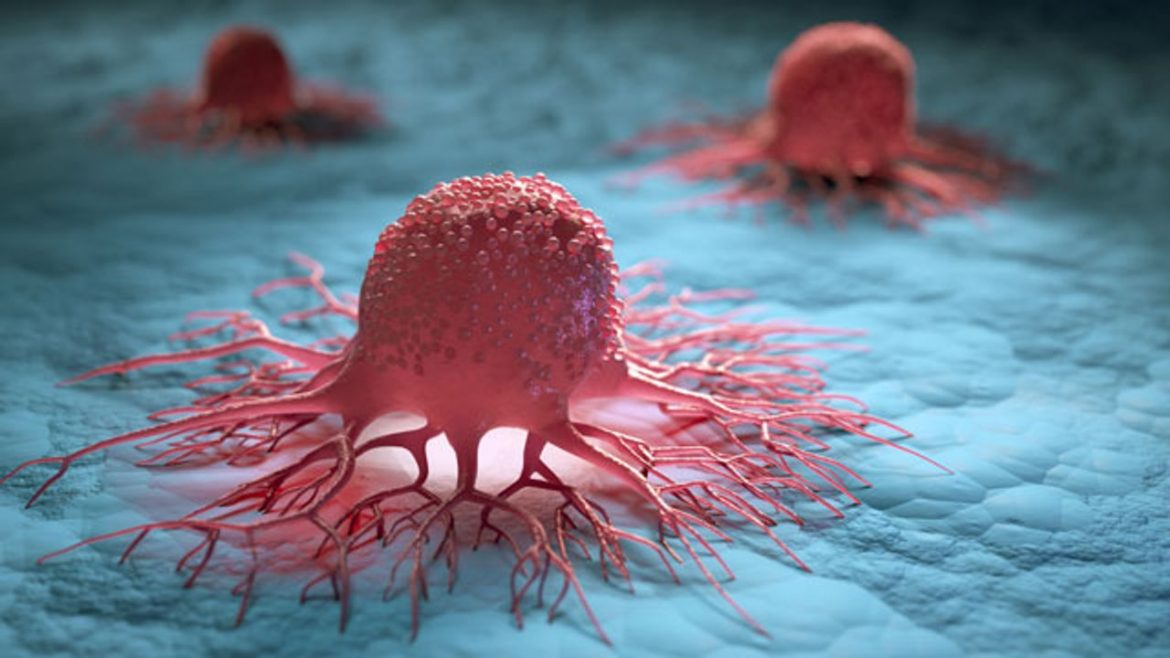CAR T cells, or engineered immune cells, have demonstrated what tailored immunotherapies can achieve in the battle against blood malignancies. Researchers have now announced extremely encouraging early findings for CAR T treatment in a limited group of patients suffering from the autoimmune illness lupus. Carl June, MD, a Penn Medicine CAR T pioneer, and Daniel Baker, a PhD student in Cell and Molecular Biology at the University of Pennsylvania’s Perelman School of Medicine, explain this breakthrough in a commentary published today in Cell.
“We’ve always known that in principle, CAR T therapies could have broad applications, and it’s very encouraging to see early evidence that this promise is now being realized,” said June, who is the Richard W. Vague Professor in Immunotherapy in the department of Pathology and Laboratory Medicine at Penn Medicine and director of the Center for Cellular Immunotherapies at Penn’s Abramson Cancer Center.
T cells are among the most potent weapons in the immune system’s arsenal. They have the ability to connect to and destroy other cells that they perceive as viable targets, including virus-infected cells. CAR T cells are T cells that have been genetically engineered to destroy certain cell types more efficiently.
CAR T treatments are made from each patient’s own cells, which are extracted from the patient’s blood, modified and multiplied in the lab, and then re-infused into the patient as a “living medication.” Kymriah, the first CAR T treatment, was created by June and his team at Penn Medicine and was approved by the Food and Drug Administration in 2017. In the United States, there are presently six FDA-approved CAR T cell treatments for six distinct malignancies.
The medicines have transformed the treatment of some B cell leukemias, lymphomas, and other blood malignancies, putting many patients in long-term remission who previously had little hope. Experts expected that T cells may be modified to attack illnesses other than B cell tumours from the beginning of CAR T research. Dozens of research teams worldwide, including Penn Medicine and biotech spinoffs, are looking at these possible new uses.
June and Baker’s comments follows the publication of the first substantial clinical report of success from these efforts: a piece in Nature Medicine by German researchers on the use of CAR T treatment against the autoimmune illness lupus (systemic lupus erythematosus).
Lupus is an ideal candidate for CAR T therapy, according to researchers, because it is also driven by B cells, and so experimental CAR T therapies against it may utilise current anti-B-cell designs. B cells are antibody-producing cells in the immune system, and in lupus, B cells target the patient’s own organs and tissues.
The patients in the German trial, five young people, did not benefit from typical lupus therapy. Despite this, all went into remission and were able to discontinue their lupus medications three months after receiving a single, very tiny dosage of CAR T treatment, which virtually eradicated their existing B cells. (To preserve some antibody immunity, cancer patients require infusions of pure human antibodies from healthy donors.) Even more remarkable, all of the patients stayed in remission for up to a year, and unlike cancer patients, the lupus patients experienced the restoration of their B cells, which are regenerated spontaneously from blood stem cells in bone marrow.
Baker and June write in their commentary that, while the German study’s findings need to be verified with bigger trials and longer-term follow-up, they are extremely encouraging, suggesting that lupus may be a simpler CAR T target than B-cell malignancies.
“Disease-driving B cells are much less numerous in lupus,” Baker said. “Thus, effective CAR T treatment of this autoimmune disease may require a much lower dose that greatly reduces the problem of immunological side-effects.”





